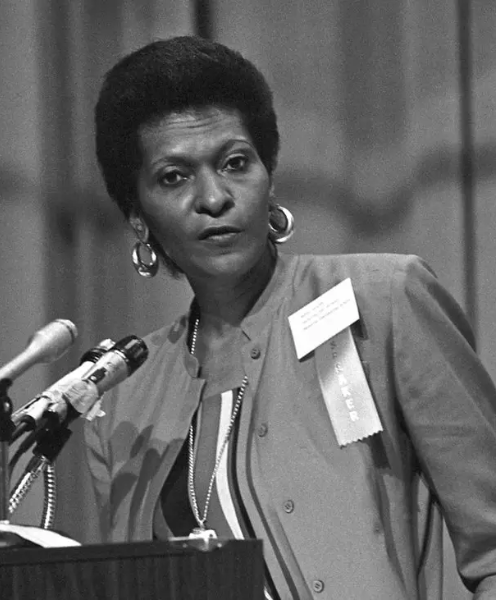Historic Figures - Since 1954
Civil Rights Advocates in Education
Thurgood Marshall (1908 - 1993)
Thurgood Marshall was a trailblazing African American lawyer and civil rights advocate who became the first African American Associate Justice of the U.S. Supreme Court.
Marshall is best known for his victory in the landmark case Brown v. Board of Education (1954), which led to the desegregation of public schools.
As the chief counsel for the NAACP, he argued and won numerous cases that dismantled racial segregation and discrimination.
Appointed to the Supreme Court in 1967, Marshall served with distinction for 24 years, championing civil rights, individual freedoms, and social justice.
His enduring legacy continues to inspire the pursuit of equality and justice in America.
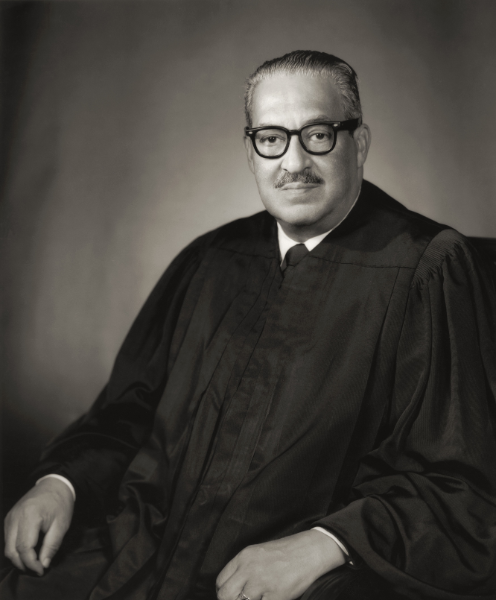
Ruby Bridges (1954)
Ruby Bridges is a civil rights icon who, at the age of six, became the first African American student to integrate an all-white elementary school in the South.
Her brave attendance at William Frantz Elementary School in New Orleans in 1960 was a pivotal moment in the Civil Rights Movement. Escorted by federal marshals due to intense opposition, Ruby’s courage in the face of adversity highlighted the profound challenges of desegregation.
Her actions helped pave the way for greater equality in education and inspired future generations.
Ruby Bridges’ story remains a powerful testament to the fight for civil rights and the importance of standing up against injustice.
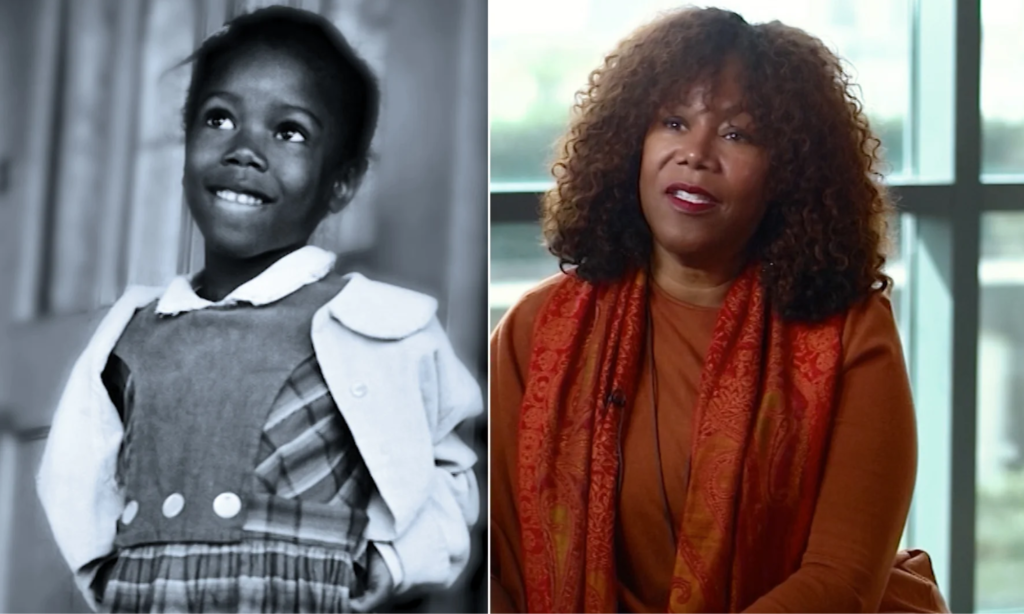
Diane Nash (1938)
Diane Nash is a prominent American civil rights activist known for her fearless leadership in the 1960s Civil Rights Movement.
Nash was a key figure in the Nashville Student Movement and co-founder of the Student Nonviolent Coordinating Committee (SNCC).
Nash played a crucial role in the Freedom Rides, which challenged segregation in interstate travel, and she was instrumental in the Selma Voting Rights Campaign.
Her commitment to nonviolent protest and her strategic acumen were vital in achieving significant legislative changes, including the Voting Rights Act of 1965.
Diane Nash’s enduring legacy continues to inspire activism and the ongoing fight for social justice and equality.
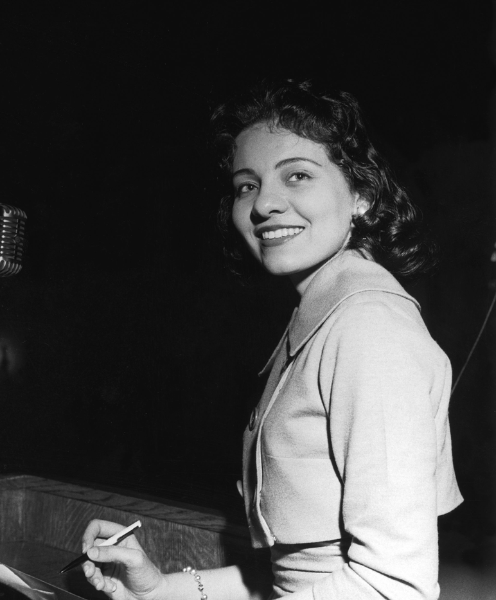
Integration Activists
James Meredith (1933)
James Meredith is a pivotal figure in the American Civil Rights Movement, best known for being the first African American student to integrate the University of Mississippi in 1962.
Meredith’s courageous enrollment, amidst violent opposition and federal intervention, marked a significant moment in the fight against racial segregation in education.
He later initiated the “March Against Fear” in 1966, a solo protest to encourage African Americans in the South to register to vote, which further galvanized the movement despite his being shot and wounded during the march.
Meredith’s resilience and advocacy have left a lasting impact on civil rights and educational equality in the United States.
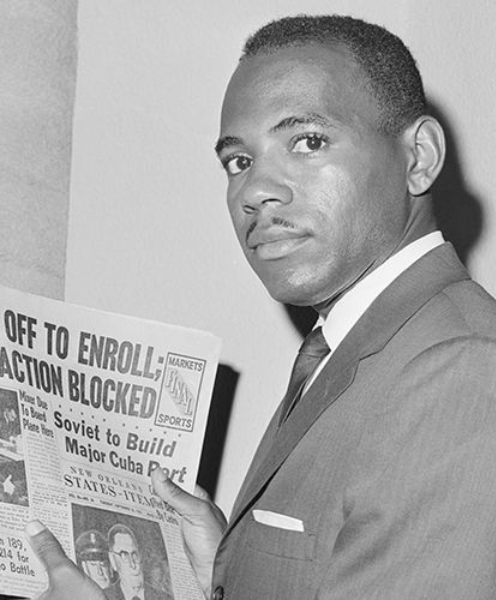
The Little Rock Nine (1957)
The Little Rock Nine were a group of nine African American students who became symbols of the Civil Rights Movement when they integrated Central High School in Little Rock, Arkansas, in 1957.
Following the Supreme Court’s landmark decision in Brown v. Board of Education, which declared segregation in public schools unconstitutional, these brave students faced intense resistance and hostility.
Their courageous entry into Central High, under the protection of federal troops ordered by President Eisenhower, marked a significant step toward desegregation in American education.
The Little Rock Nine’s resilience and determination in the face of adversity have left an enduring legacy in the fight for civil rights and equal educational opportunities.
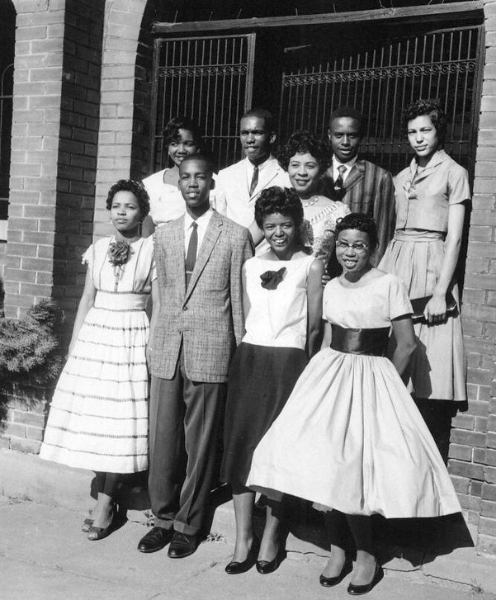
Barbara Rose Johns (1935 - 1991)
Barbara Rose Johns was a pioneering civil rights activist who, at the age of 16, led a pivotal student strike in 1951 against racial segregation in education.
Johns organized the walkout at Robert Russa Moton High School in Farmville, Virginia, protesting the school’s inadequate facilities compared to those provided for white students. This courageous act of defiance garnered national attention and became one of the cases consolidated into the landmark Supreme Court decision Brown v. Board of Education, which declared school segregation unconstitutional.
Barbara Rose Johns’ bold leadership and commitment to justice significantly contributed to the Civil Rights Movement and the fight for educational equality.
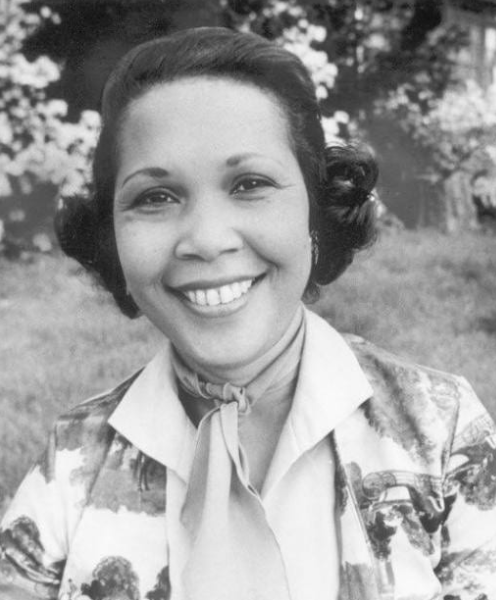
Post-Brown Educational Leaders
Bob Moses (1935 - 2021)
Bob Moses was a civil rights icon and innovative educator who played a crucial role in the fight for racial equality in America.
Born in 1935 in Harlem, New York, Moses emerged as a key figure in the Civil Rights Movement, particularly through his work with the Student Nonviolent Coordinating Committee (SNCC).
He was instrumental in organizing the Freedom Summer project in 1964, which aimed to register African American voters in Mississippi. Later, Moses turned his focus to education, founding the Algebra Project in 1982 to improve math literacy among marginalized students.
His efforts in both civil rights and education have left an enduring legacy of activism and empowerment, illustrating the profound impact of grassroots organizing and educational equity.
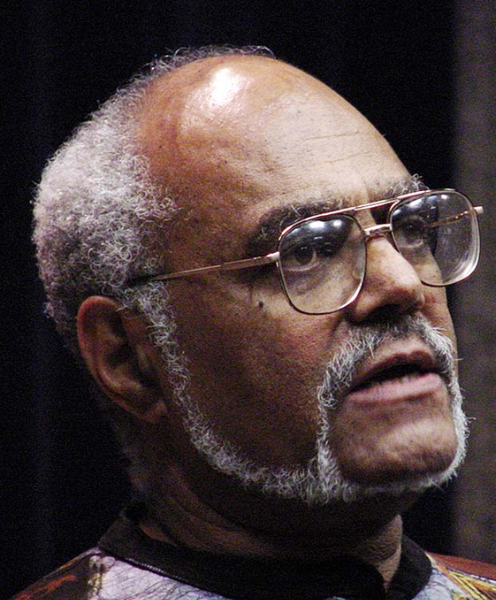
Mary Frances Berry (1938)
Mary Frances Berry is a distinguished American historian, author, and civil rights advocate known for her extensive work in social justice and human rights.
Berry has had a remarkable career in academia and public service, including her role as chair of the U.S. Commission on Civil Rights from 1993 to 2004.
Berry has been a vocal advocate for gender equality, racial justice, and civil liberties, authoring numerous books on these subjects. As a professor at the University of Pennsylvania, she has inspired countless students and scholars.
Berry’s enduring commitment to civil rights and her influential scholarship have made her a prominent figure in the ongoing struggle for equality and justice in America.
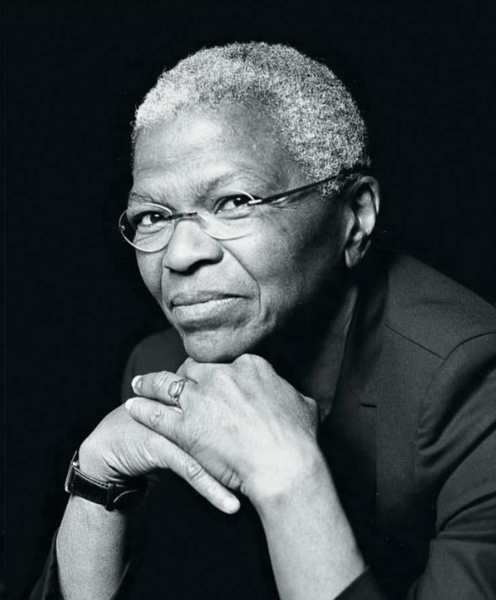
Geoffrey Canada (1952)
Geoffrey Canada is a renowned American educator, social activist, and author, best known for his pioneering work in urban education reform.
Canada founded the Harlem Children’s Zone (HCZ) in New York City, an innovative nonprofit organization aimed at providing comprehensive support to children and families in Harlem.
Under his leadership, HCZ has become a national model for education and community development, offering programs that span early childhood education, after-school activities, and college preparation.
Canada’s holistic approach has demonstrated significant improvements in educational outcomes and has inspired similar initiatives nationwide. His dedication to empowering underserved communities has made a lasting impact on education and social justice in America.
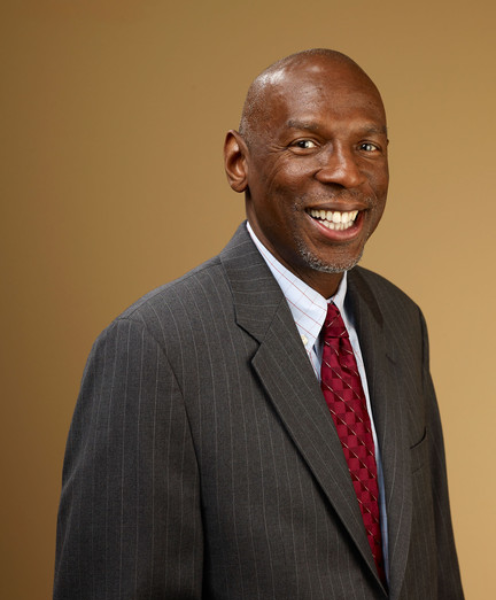
John B. King, Jr. (1975)
John King, Jr. is an American educator and civil rights activist who served as the 10th U.S. Secretary of Education under President Barack Obama.
King’s personal experiences with education shaped his passion for educational equity. As Secretary of Education, he focused on expanding access to high-quality education for all students, particularly those from underserved communities.
King’s leadership emphasized the importance of accountability, innovation, and college and career readiness. Prior to his role in the Obama administration, he served as New York State Education Commissioner, where he implemented ambitious education reforms aimed at closing achievement gaps.
Today, King continues to advocate for educational equity as the president and CEO of The Education Trust, a nonprofit organization dedicated to promoting academic achievement for all students, regardless of background or circumstance.
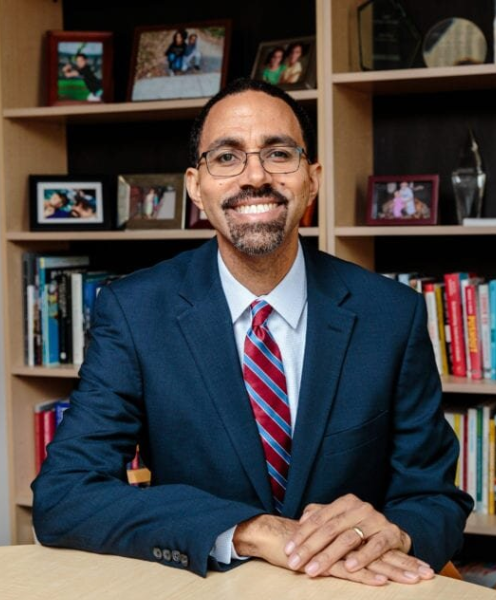
Marva Collins (1936 - 2015)
Marva Collins was a pioneering American educator renowned for her transformative approach to teaching.
Born in 1936 in Monroeville, Alabama, Collins dedicated her life to improving educational outcomes for underserved children. She founded the Westside Preparatory School in Chicago in 1975, where she implemented a rigorous curriculum emphasizing classical education, critical thinking, and high expectations.
Collins’ methods garnered national attention for their success in elevating students’ academic performance, often turning struggling students into high achievers. Her work challenged traditional educational practices and highlighted the profound impact of dedicated, innovative teaching.
Collins’ legacy continues to inspire educators worldwide, underscoring the importance of passion, perseverance, and a belief in every child’s potential.
